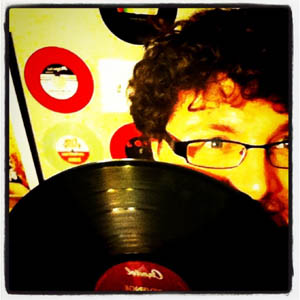There seem to be quite a lot of books about freelancing. A quick look at Amazon.com shows a number of titles, some of which seem dangerously close to being outdated judging by dates alone. Why do I say that? Because things change so much in this electronic age that the book in 2008 or even 2010 that seemed relevant and on-target is quickly dated by the types of social media platforms and fads used to network, the always-shifting challenges when it comes to the quality and availability of freelance work, etc.
There are two basic types of books on the freelance lifestyle. One I personally have no use for–the ones with titles like, “How To Make Bizillions of Dollars In Freelancing” and “90 Days to Quitting Your Day Job Forever And Ever Amen Because You’re a Hotshot Freelancer Now”. Sure, saying there are only two basic types is a massive generalization, but a quick look at the books out there does tend to make one believe that generalization has legs. Or at least is growing them rather quickly.
The OTHER type of book about freelancing is far more valuable. These are the books with titles like, “How I Went From Being a Day Job Zombie To A Full Time Freelance Superstar”.
See the difference? One type of book is stopping just short of claiming it can help turn YOU into a full time freelancer in 90 days or less (or whatever), the other type is explaining “How I Did It”.
The value in the second type of book? There are NO PROMISES IMPLIED. Unlike the first kind where there’s the implication that if you just follow the magic formula, success can be yours. These selling points are fairly misleading even when they don’t set out to be; “How I Did It” is far more valuable, honest, and worthy of your hard-earned book buying dollars.
Sure, many will disagree. Some will tell me not to judge a book by its cover. But I’m NOT, I’m judging it by the title and any promises implied therein. Maybe it’s even more shallow to judge a book by its title…but I believe in the old idea about truth in advertising. And if your book’s title isn’t “ad one” for your work, what is?
–Joe Wallace
Joe Wallace sells vinyl on the internet, writes articles about personal finance and veterans issues, edits book manuscripts, and is an audio professional specializing in field recording, post production, and sound effects. Contact him: jwallace@freelance-zone.com




 Catherine’s post yesterday, “
Catherine’s post yesterday, “
